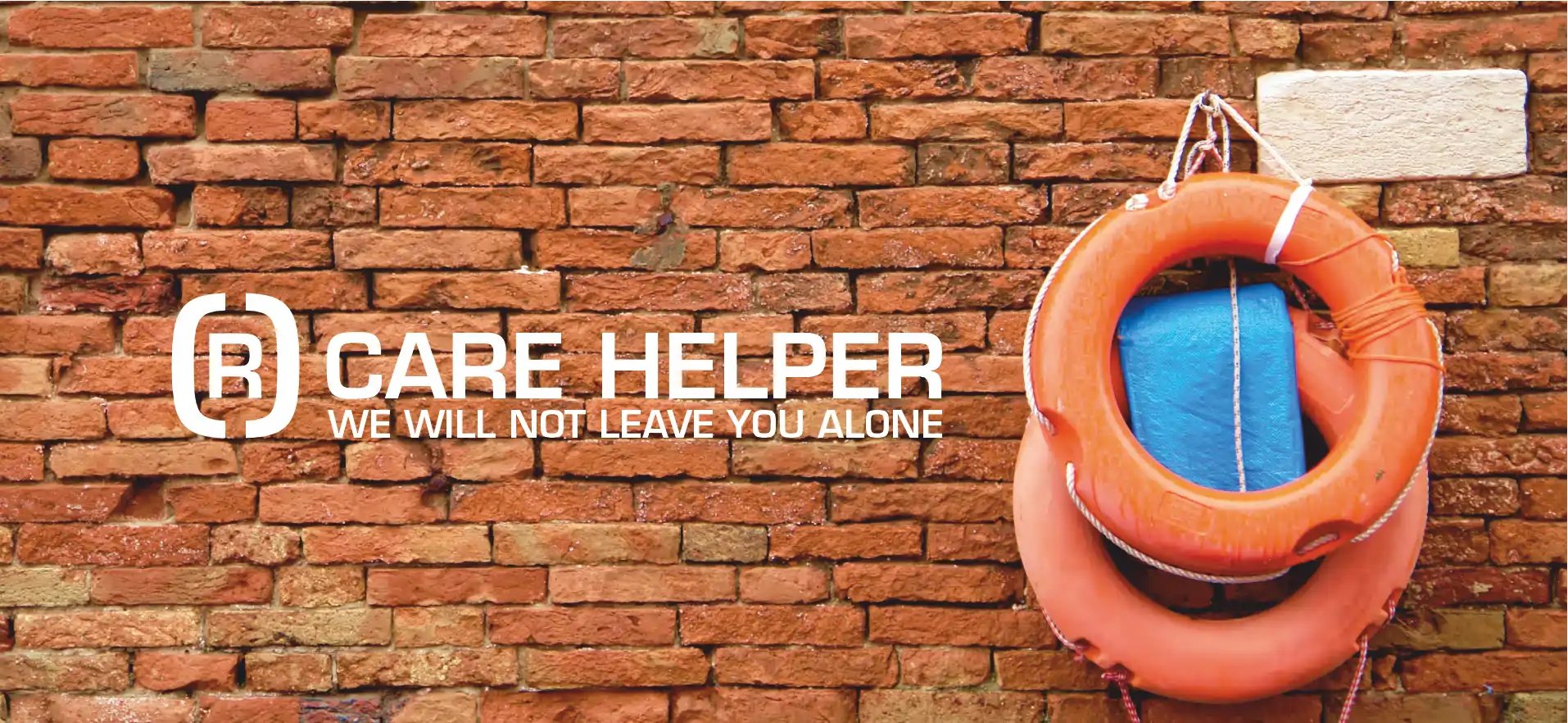The care pilots - We leave no one alone
Aub. 15.05.2023
Caring for a relative is a stressful situation. Particularly in the case of home care, it is a special challenge to reconcile the private and professional life situation. In addition, the need for care can arise completely unexpectedly, for example as a result of an accident. Those affected therefore often "shimmy" through everyday life more or less disoriented. It is often not so easy to keep a clear view due to the high double burden.
So-called care guides provide assistance, are a listening ear and first point of contact in equal measure. With two specially trained care guides appointed at Rothschenk, this service has a concrete face and name. This makes it easier for those affected to open up and approach the contact persons confidentially.
With this special offer, Rothschenk as an employer would like to show appreciation towards the employees for their professional as well as private performance. Below we show you the benefits of the care pilots for the employees, but also for the company. What was the training content and what of it can the pilots pass on to caregivers?
The starting situation
Caregivers are often surprised by the situation at short notice and unexpectedly. However, developing illnesses such as dementia also place a heavy burden on everyday life. The balancing act between professional and private life situations brings the carer into constant conflict when weighing up priorities. After all, as an employee, you don't want to jeopardize your job through absenteeism.
The task of the care pilot
The care pilot is first and foremost a person of trust and, as an employee of the company, also a collegial advisor. The pilot's task is not to provide all-round care for the caregiver, but to provide initial assistance and orientation. If a nursing case or an emergency situation has occurred, then he is a quick assistance and first point of contact. In a personal conversation, the domestic situation is analyzed and tips are given on who to contact at authorities, financial support and care.
The care pilot provides initial assistance and helps to find contact persons who can help the person in the long term. The Rothschenk care guides are local contacts and point out possible paths. The accompanying function during the care, which often lasts for years, is then performed by the state or social institutions. This ensures "catching up" as well as permanent professional support.
The benefit for the employee
The employee can contact the care pilot at any time during working hours. Two defined contact persons are available for this purpose. In an informal conversation, they can get suggestions on how to apply for financial assistance, which contact persons are the right ones for their specific life situation, and even some practical tips.
Sometimes a case of long-term care can develop over a period of time. Care guides can be a valuable help here in advance, as they can give you information on important topics such as:
- Patient directive
- Power of attorney for nursing care and health care
- Bank power of attorney
- Emergency folder
People often underestimate the extent of what they have to deal with: Where are the passwords for the often numerous digital accounts, for example? After all, becoming a caregiver can affect even young people.
The benefit for the company
The installation of a care pilot is a voluntary, but equally meaningful service provided by the employer. On the one hand, it is a social component to express special appreciation to employees with a care burden. Precisely because work is often strictly separated from private life at work, this target group with a high workload usually goes unnoticed in everyday life.
By naming two points of contact in the company, this appreciation is personalized and "tangible. Last but not least, the relief that can arise from the discussions and assistance contributes to a reduction in employee absenteeism.
Training contents of a care pilot
The 3x 6-hour training as a care pilot has different aspects which refer to the conversation itself, but also to the concrete help.
- Understanding the life situation of the counterpart
- legal possibilities of assistance
- Dealing with dementia, stroke, accident....
- Financing: What funding is available?
- Conversation management and rhetoric
- What atmosphere/environment should prevail during the interview?
- Precautionary measures/powers of attorney/disposals, what should I bear in mind?
Our care pilots
We just really want to provide some guidance.
Show: You are not alone. There is someone who helps you.
You're in a state of emergency, but it doesn't have to stay that way.
Just talk to us. We are happy to help.

The care pilot at a glance:
A company care pilot is a person who acts as a point of contact and support for employees who have dependents in need of care. The requirements for a care pilot can vary depending on the company, but in general they should have the following skills and characteristics:
- Empathy and sensitivity: A care pilot should be empathetic and sensitive to understand the individual needs and challenges of affected employees.
- Communication Skills: A care pilot should have good communication skills to interact with affected employees in a trusting and supportive environment. They should be able to convey information clearly and respond appropriately to questions or concerns.
- Knowledge of care options and services: A care pilot should have knowledge of care offerings and services to help affected employees find suitable support options. This includes, for example, information about care facilities, outpatient services, financial support options and legal aspects.
- Organizational Skills: A care pilot should have good organizational skills to help affected employees coordinate care and schedules. They should be able to gather information, research resources, and assist staff with planning and organization.
The duties of a care pilot can be varied and include, but are not limited to:
- Advice and support for affected employees on issues relating to the care of relatives
- Providing information about care options, financial support options and legal aspects
- Arranging contacts with care facilities, outpatient services and other relevant agencies
- Assistance with the organization of care services and appointments
- Raising awareness of the company and its employees about the topic of care and the associated challenges
A care pilot offers great benefits to employees by providing support and guidance in a difficult life situation. They can benefit from the care pilot's knowledge and experience in order to organize the best possible care for their loved ones while fulfilling their professional obligations. A care pilot can also help employees achieve a better work-life balance and reduce stress.
A company should appoint a care guide to increase employee retention and satisfaction. By providing support and resources for employees with dependents in need of care, the company shows appreciation and caring. This can help employees stay motivated and engaged and feel part of a supportive corporate culture.













Schreibe einen Kommentar